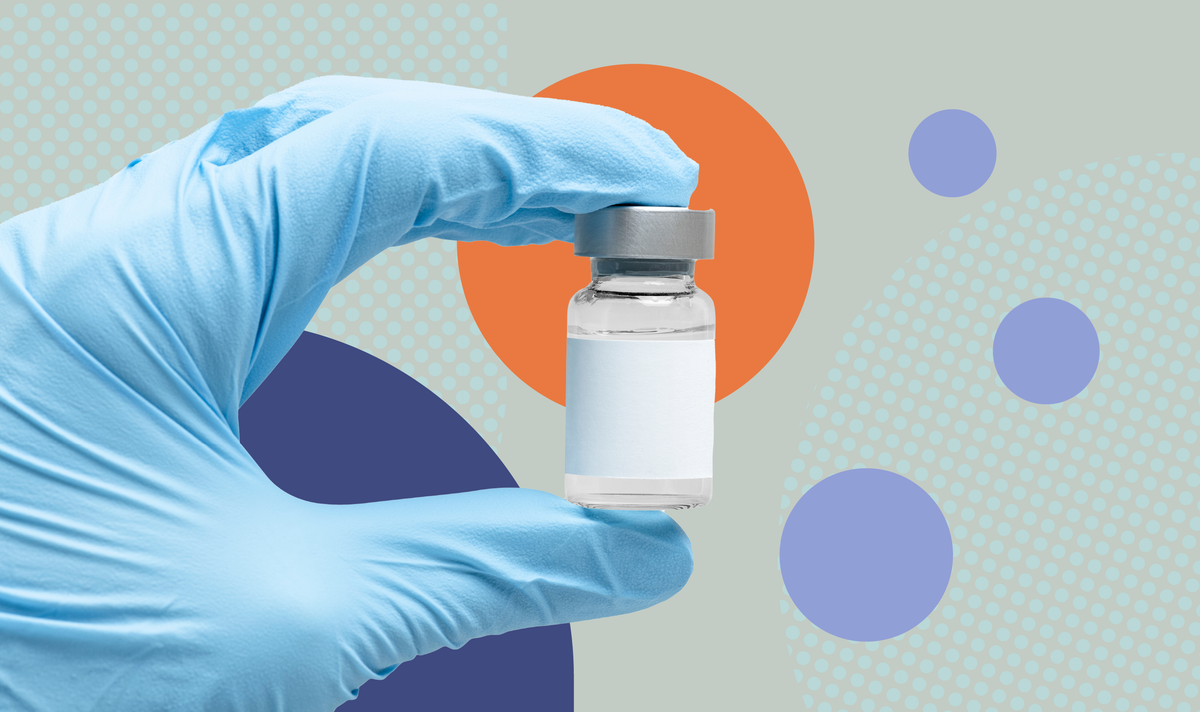New documentary used to link childhood vaccines to SIDS
Plus, a trending video resurfaced the claim that doctors are bribed to give vaccines, and a new study added fuel to the anti-vaccine “turbo cancer” myth.

Plus, a trending video resurfaced the claim that doctors are bribed to give vaccines, and a new study added fuel to the anti-vaccine “turbo cancer” myth.
This week, old vaccine myths got new life online. High-profile figures promoted a “documentary” to support the long-disproven claim that childhood vaccines cause SIDS. Meanwhile, vaccine opponents misrepresented a recent study, falsely claiming it proves that COVID-19 vaccines are causing a “surge” in cancer. Finally, social media users debated the misleading claim that doctors receive bribes to vaccinate their patients.

Insights brought to you by the reporters and science writers of Public Good News (PGN), a nonprofit newsroom dedicated to improving community health.
What’s trending in vaccine conversation:
A “documentary” film that links childhood vaccines to chronic illnesses is being used to promote the myth that childhood vaccines are linked to sudden infant death syndrome. The study misrepresents a 2020 study conducted by the Henry Ford Foundation, which has disavowed and debunked the film’s claims. A consumer advocacy group known for promoting health conspiracy theories referenced the film in a post claiming that 97 percent of SIDS cases occur within 10 days of vaccination. Notably, the post did not cite any research to support the claim. A U.S. senator who has promoted a host of myths and conspiracy theories about vaccines encouraged his social media followers to watch the documentary. Responses to the posts falsely claim that SIDS only affects vaccinated babies, that vaccines are “poison,” and that they don’t trust pediatricians who recommend vaccines.
A large South Korean study published in late September is being used by vaccine opponents to promote the myth that COVID-19 vaccines cause or accelerate cancer. Several right-wing and conspiracy news sites have published articles falsely claiming that the study “proved” that COVID-19 vaccines caused a “spike” in cancer. However, these claims are contradicted by the actual study. The study found that people who were vaccinated against COVID-19 were more likely to be diagnosed with certain types of cancer in the year after vaccination than unvaccinated people.
Many social media users noted that the association was likely explained by the fact that people who are older and have health conditions that predispose them to cancer are far more likely to be vaccinated than healthy young people, who have the lowest cancer risk. Additionally, by the authors’ own admission, the study’s timeline was “relatively short for evaluating cancer incidence.” Cancer experts online pointed out that most cancers take years to develop to the point of detection, making it extremely implausible that cancer diagnosed within a year of vaccination was caused by the vaccine. The study authors said that they couldn’t rule out “the possibility of reverse causation or surveillance bias.”
Claims that doctors receive bribes to encourage certain medical treatments, including vaccines, are circulating online. One popular post lists doctors promoting vaccines and cancer screenings as evidence that they are incentivized to keep people chronically ill. Responses to the post accused doctors of “pushing drugs” and called incentives to encourage healthy behaviors a “scam.” Other posts recirculated an August video of Health Secretary Robert F. Kennedy Jr., who claimed that doctors are “pressured to follow the money, not the science.” Health care providers debunked Kennedy’s claim that doctors profit from giving vaccines.
Read the fact checks:
- AAP: Fact Checked: There Is No Link Between Vaccines and Sudden Infant Death
- Fact Crescendo: Did the Korean Study Prove COVID-19 Vaccines Cause Cancer?
- PBS News: Fact-checking RFK Jr.’s claim that pediatricians recommend vaccines for money

Recommendations brought to you by the health communication experts behind Infodemiology.com.
Recommendations for public health professionals
Each week, the Infodemiology.com team will provide messaging recommendations in response to some of the trending narratives outlined above. Use these helpful tips when creating content, updating web pages and FAQs, and to inform strategy for messaging about vaccines.
The myth that childhood vaccines cause SIDS may lead parents to delay or refuse vaccines for their children. Health communicators may acknowledge parents’ concerns about SIDS, while emphasizing that there is no link between the condition and vaccines. Debunking messaging may explain that many large studies have shown that SIDS affects vaccinated and unvaccinated children at the same rates.
False claims about COVID-19 vaccines causing or accelerating cancer provide health communicators with an opportunity to highlight how anti-vaccine activists distort real science to promote myths. Messaging may emphasize that the authors of a recent study, which was used to claim that COVID-19 vaccines cause cancer, refuted this claim in the study. Analysis of real-world data has found no association between COVID-19 vaccination and cancer.
Vaccine opponents frequently accuse doctors of accepting bribes to give their patients vaccines. Debunking messaging may explain that some insurance companies offer incentives to improve overall patient outcomes and reduce health care costs by encouraging health-promoting practices, including vaccination. However, doctors do not “profit” from vaccinations; many actually lose money by providing them to their patients. Health communicators may emphasize that doctors and health insurers promote vaccinations because they keep children healthy.
Interested in recommendations tailored to health care providers? Click here.
